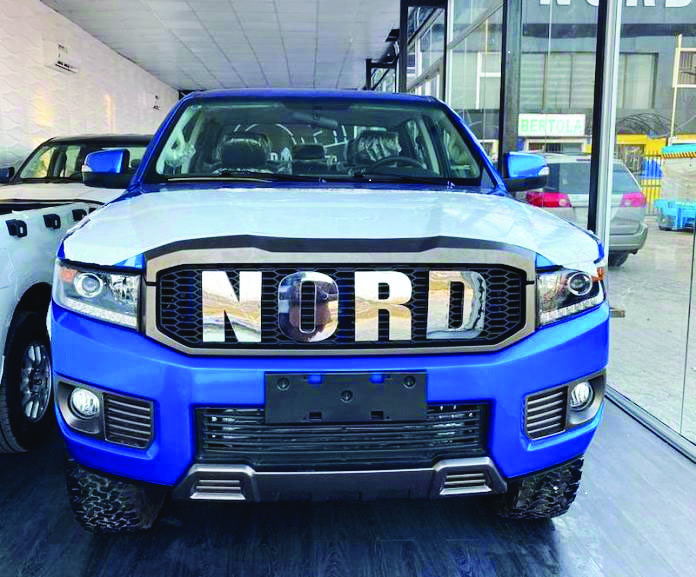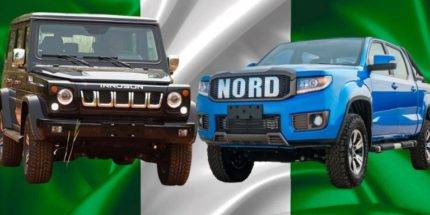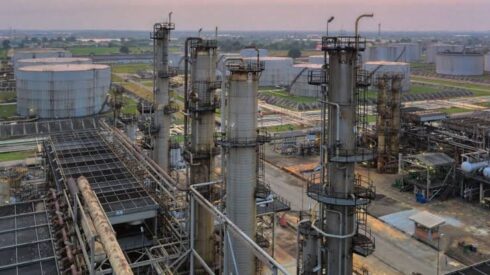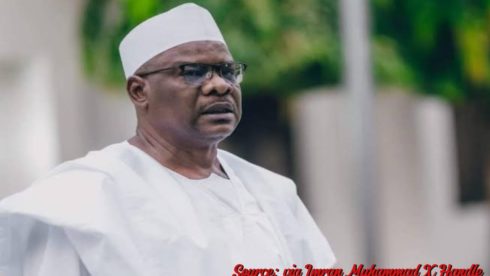Nigeria’s Economy | In a surprising turn of events, Nigeria’s used vehicle market witnessed an unprecedented surge in the second quarter of 2023, recording a staggering #728.8 billion in transactions. This remarkable increase of 708% from the same period in 2022, as reported by the National Bureau of Statistics, has sparked conversations about the dynamics of the country’s automotive industry. Despite being the third-highest global importer of used vehicles, Nigeria faces challenges in making car ownership accessible to the average citizen due to exorbitant costs associated with imported vehicles, known locally as “Tokunbo”.
Nigeria’s Economy Dependency on Foreign Markets Raises Economic Concerns
The analysis conducted by The Able Index reveals a striking statistic – a whopping 99% of Nigeria’s used vehicles, valued at #721.79 billion, originate from the United States. This dependency on foreign markets, particularly from Europe and the U.S., raises concerns about the outflow of funds to international automotive industries. If redirected towards local manufacturers, this trend could potentially have a transformative impact on Nigeria’s Gross Domestic Product (GDP) and National Income.
Unlocking Nigeria’s Economy Potential Through Indigenous Auto Manufacturing Sector
Nigeria currently hosts a burgeoning automotive sector, with nine indigenous auto manufacturing companies leading the charge. Companies such as Nord Automobiles Limited, Lanre Shittu Motors, Innoson Vehicle Manufacturing, Peugeot Nigeria, Globe Motors, Dana Motors, Stallion Motors, Coscharis Motors, Proforce Motors, and Elizade Motor (JAC) are actively contributing to the growth of the sector. With Nord Motors aiming to re-establish Nigeria as a car-manufacturing country and Innoson Motors achieving a remarkable 500% increase in annual factory capacity, the indigenous players are demonstrating the country’s potential for self-sufficiency.

The Director-General of the National Automotive Design and Development Council, Mr. Jelani Aliyu, emphasizes the economic benefits of redirecting the import trend towards local manufacturers. With an estimated annual sale of about 720,000 vehicles in Nigeria, there exists a significant opportunity for growth and economic development. Indigenous car manufacturing companies have showcased the capacity for a 500% increase in production, indicating the potential to not only meet local demands but also contribute to economic diversification on an international scale. As Nigeria’s automotive industry continues to grow, the spotlight is on the potential benefits of embracing locally manufactured vehicles to reduce dependence on imports and foster sustainable economic development.
Controversy Surrounding Billions Spent on Luxury Foreign Cars
A storm of criticism has erupted in Nigeria over the allocation of billions of naira for luxury foreign cars, including an astounding #2.9 billion earmarked for SUVs at the presidential Villa. Lawmakers have further allocated an equal amount for replacing operational vehicles, bringing the total expenditure on official vehicles to over #75 billion. However, this spending spree on imported vehicles has raised eyebrows, with many questioning the rationale behind such choices that is hurting Nigeria’s Economy.
Missed Opportunities for Diversification of Nigeria’s Economy
The CEO of Nord Motors, a key player in Nigeria’s automotive sector, has expressed disappointment over the lawmakers’ decision, emphasizing the missed opportunities for the Nigeria’s economy. In advocating for a “Buy Nigeria” approach and supporting local industries, the CEO highlights that redirecting funds from foreign luxury cars to locally made vehicles could not only make financial sense but also contribute significantly to Nigeria’s Economy, improve technical, and political advancement.
Diversifying into the automotive industry, as emphasized by Nord Motors, presents numerous advantages beyond supporting local businesses. This strategic move has the potential to create jobs, attract foreign investment, and reduce the country’s reliance on oil revenue, thereby making the economy more resilient. Additionally, supporting local vehicle manufacturing stimulates demand for raw materials, fosters technological advancements, and positions Nigeria’s Economy as a regional automotive hub.

However, despite the immense potential for economic growth, challenges loom large on the path to successful implementation. Issues such as infrastructure development, regulatory frameworks, and the availability of skilled labor need to be addressed comprehensively. The success of any endeavor to shift focus from importing foreign vehicles to promoting locally made ones hinges on overcoming these obstacles.
As Nigeria stands at a crossroads between importing luxury foreign cars and nurturing a thriving domestic automotive industry, the debate intensifies. The nation’s decision-makers face a crucial choice – persisting with the status quo or embracing a vision of economic diversification and self-sufficiency through supporting the local automotive sector. The outcomes will not only shape the future of Nigeria’s automotive industry but will also have far-reaching implications for the broader economic landscape.
Table of Contents
Discover more from OGM News NG
Subscribe to get the latest posts sent to your email.













